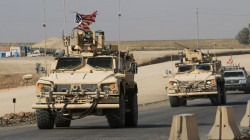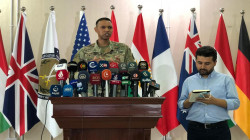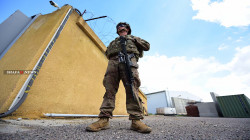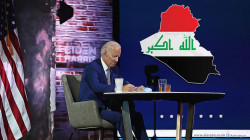Report: American troops in Iraq and Syria have a target on their backs
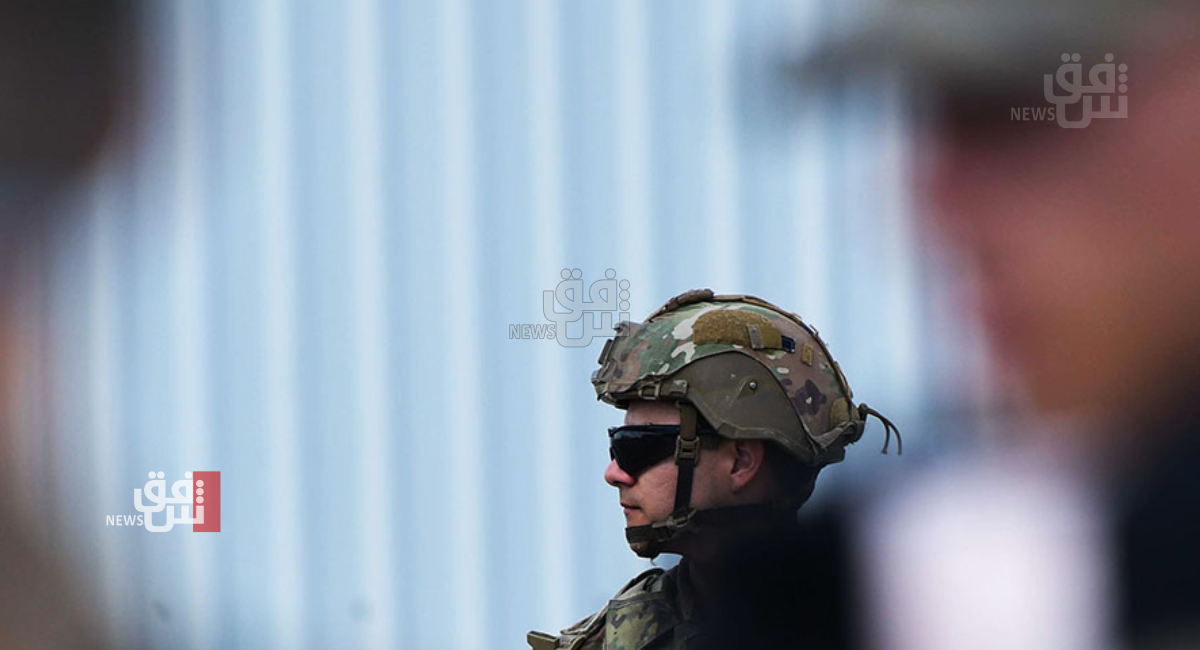
Shafaq News/ Since the brutal attacks in Israel on October 7, the Middle East has been on the brink of a vicious regional war. As Israel retaliates in Gaza, Iranian-backed proxies across the region—including Hezbollah in Lebanon, the Houthis in Yemen, and various aligned militias in Syria and Iraq— have organized a variety of strikes on Israeli and American troops and facilities.
The Biden Administration’s continued strikes against the Houthis in Yemen highlight the dangers of the conflict spreading—especially as officials appear to be girding themselves for a prolonged conflict. Yet, despite the looming threat of the United States being drawn into another long, costly, and unproductive war in the Middle East, roughly 3,400 American forces remain deployed in Syria and Iraq with unclear objectives. Left with little ability to respond, these troops are easy targets for neighboring militias. Since October 7, these forces have been attacked 150 times. It’s well past time to bring these men and women home and out of harm’s way.
Most of our nation’s ground deployments in Iraq and Syria are left over from the mission to “eradicate the Islamic State of Iraq and Syria (ISIS).” But ISIS’ territorial caliphate was eradicated in 2019, with only pockets of disorganized actors carrying on the fight—groups that are better fought through a combination of local forces like the Iraqi military and police, Kurdish fighters, and “over-the-horizon” tactics like drones or other air operations. In fact, with the deployment of one carrier strike group in the Mediterranean and a hefty naval force in the Red Sea, the U.S. Navy is well-positioned to suppress any possible resurgence of ISIS forces across the Middle East.
Iraq, in particular, stands out as a region where the United States’ ground presence not only puts our troops in needless danger but also endangers our unstated mission of weakening Iranian influence in the area. One of the primary missions for U.S. military forces in the country is to train and equip the Iraqi military and paramilitary forces to strengthen their ability to resist Iranian-backed troops. Ironically, many of the units the United States trained have passed on that instruction to militias backed by Iran. The Iraqi Parliament has voted multiple times for a withdrawal of U.S. forces, and Iraqi Prime Minister Mohammed Shia al-Sudani called for a negotiated “quick exit” of American troops earlier this month. American people would be right to question what we’re still doing in Iraq after twenty years and counting.
Syria offers a more complex situation, with Syrian President Bashar al-Assad, Turkish forces, and the Kurdish Syrian Democratic Forces embroiled in conflict with American troops caught in the middle. Although Assad is a detestable tyrant, it appears unlikely that he will be wrested from power—with many Middle Eastern powers, including U.S. allies and partners, having begun to renormalize relations with his government. Turkish and Kurdish forces are still at each other’s throats, with likely conflict in the future. Even if it were relevant to American security interests to address such disputes, these complex dynamics require far more than the roughly 900 American forces currently stationed there. The most robust path to establishing much-needed security in the region would be for the United States to withdraw its troops and instead work with Kurdish leaders to arrange a security pact between their forces and the Syrian government, which had been in place before the start of the Syrian civil war.
Ultimately, these legacy deployments in Iraq and Syria represent the last vestiges of our nation’s messy and destructive two-decade venture into the Middle East. These costly conflicts should have ended long ago. Keeping our troops on the ground only serves to offer appealing targets to local hostile actors who want to send a cheap message back to the United States that they don’t like our presence or our role in Israel. If these deployments were vital to our nation’s security, the risk could be compelling—but they aren’t. It’s time for President Biden to make good on his campaign promise to “end the forever wars” and bring our men and women home.
(by Robert Clarke for the National Interest)


